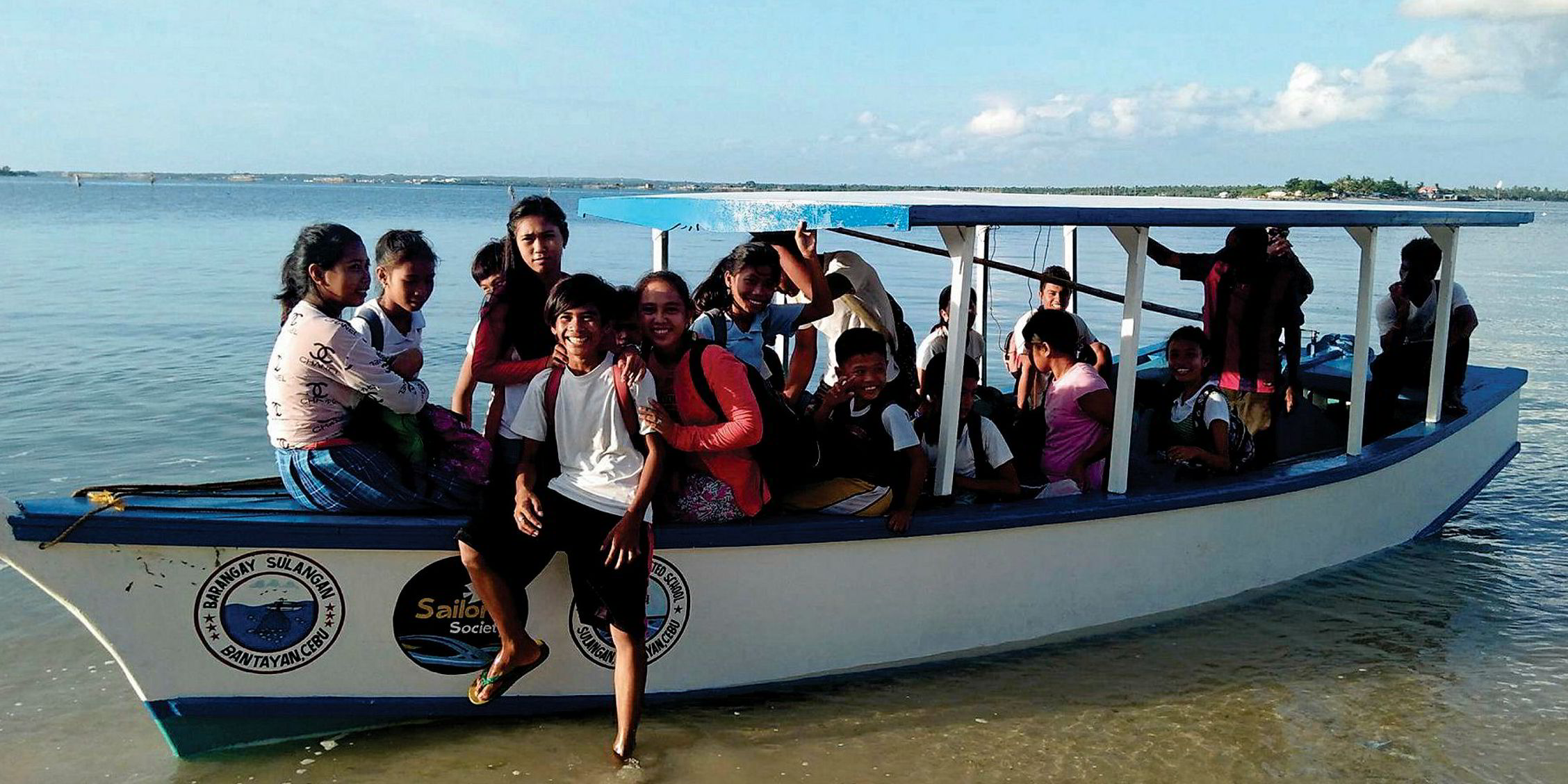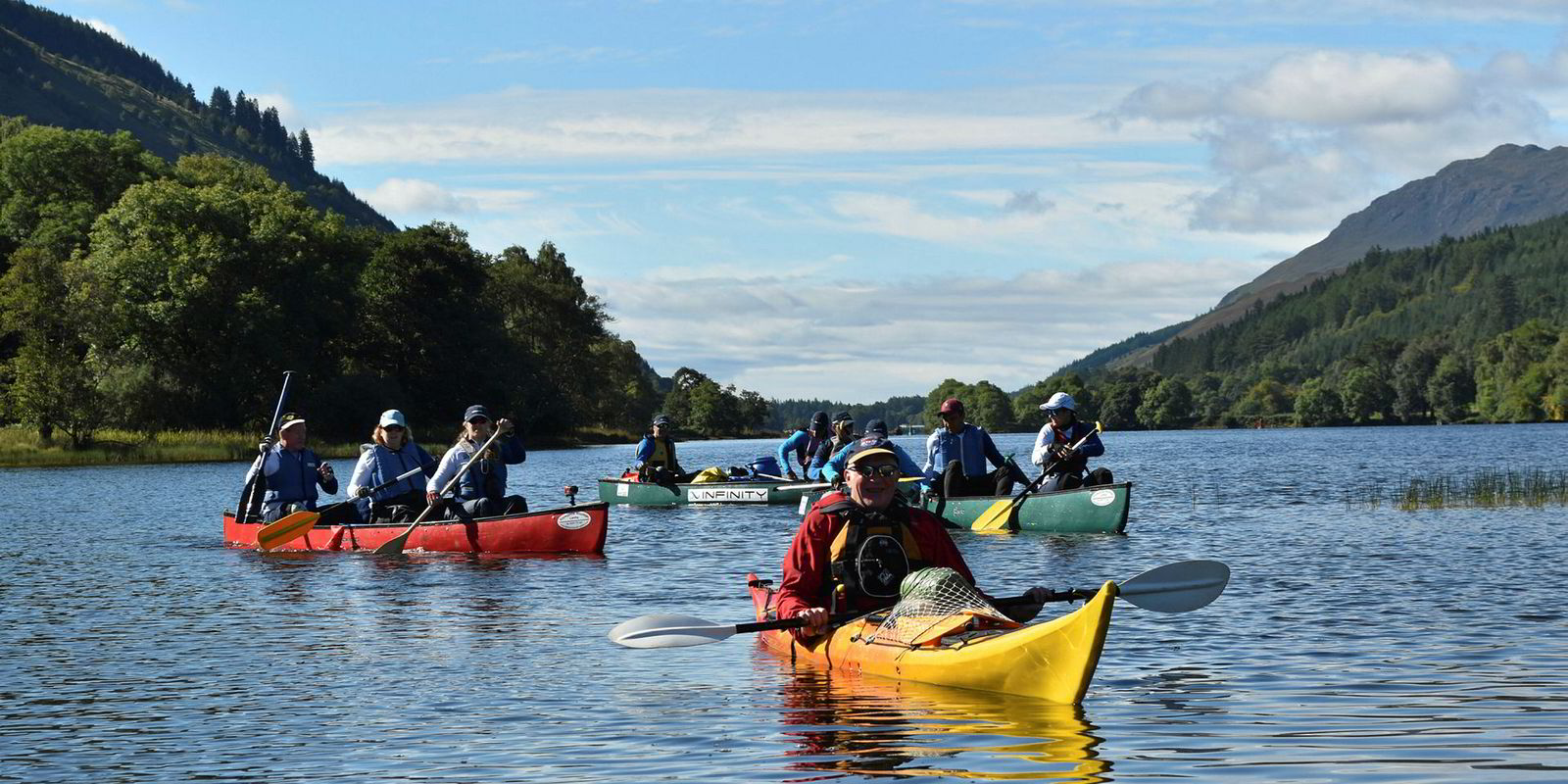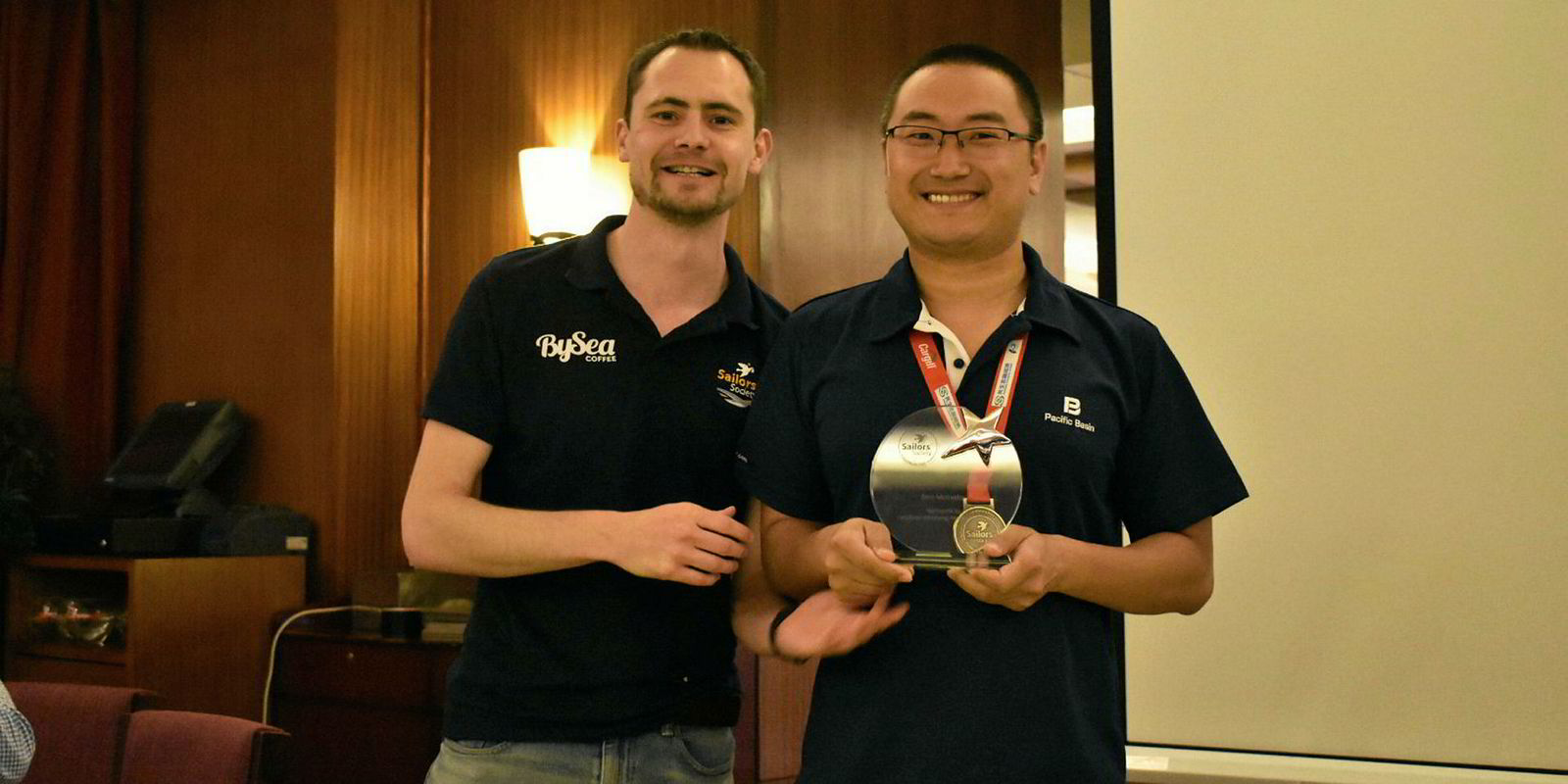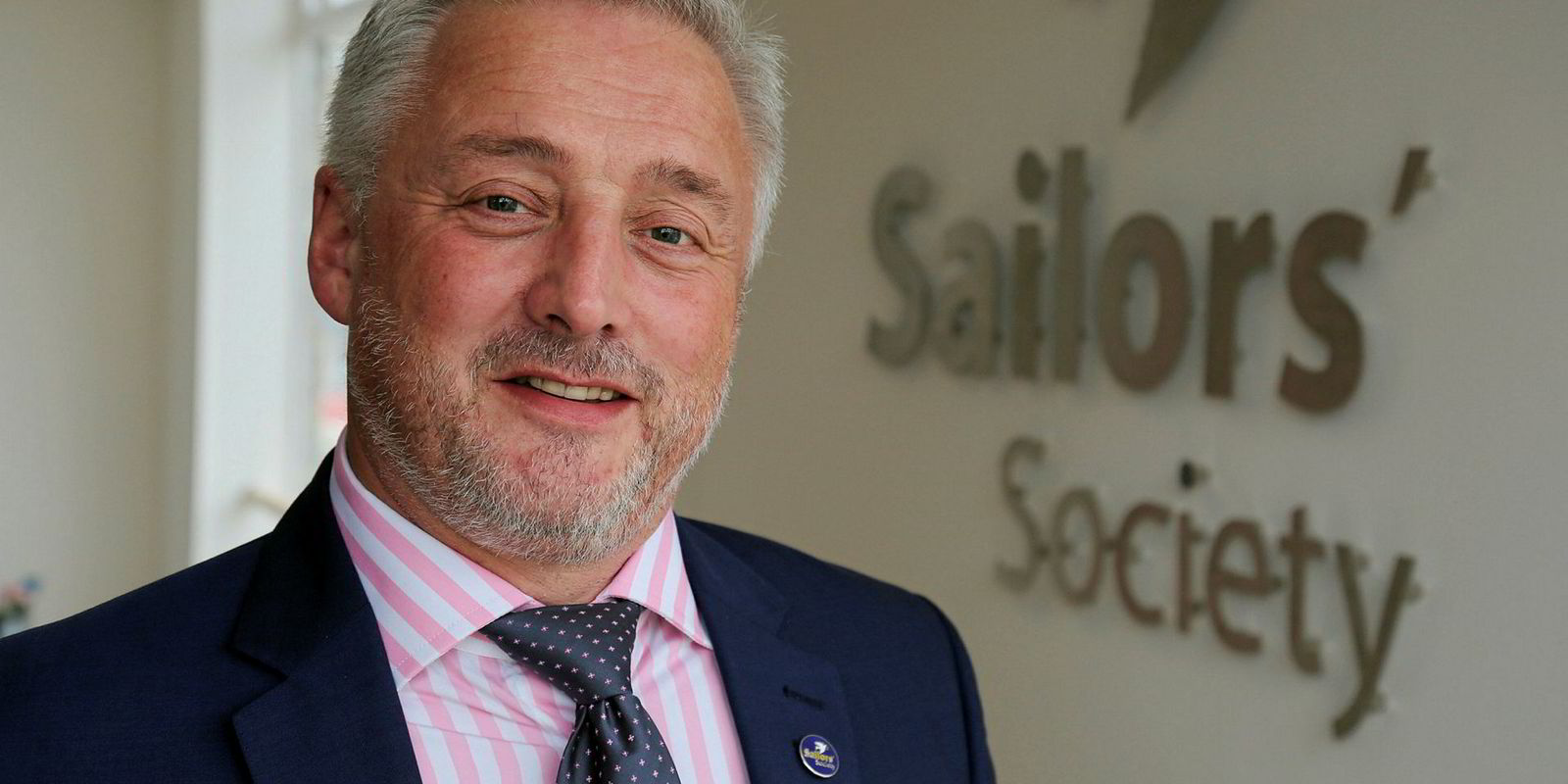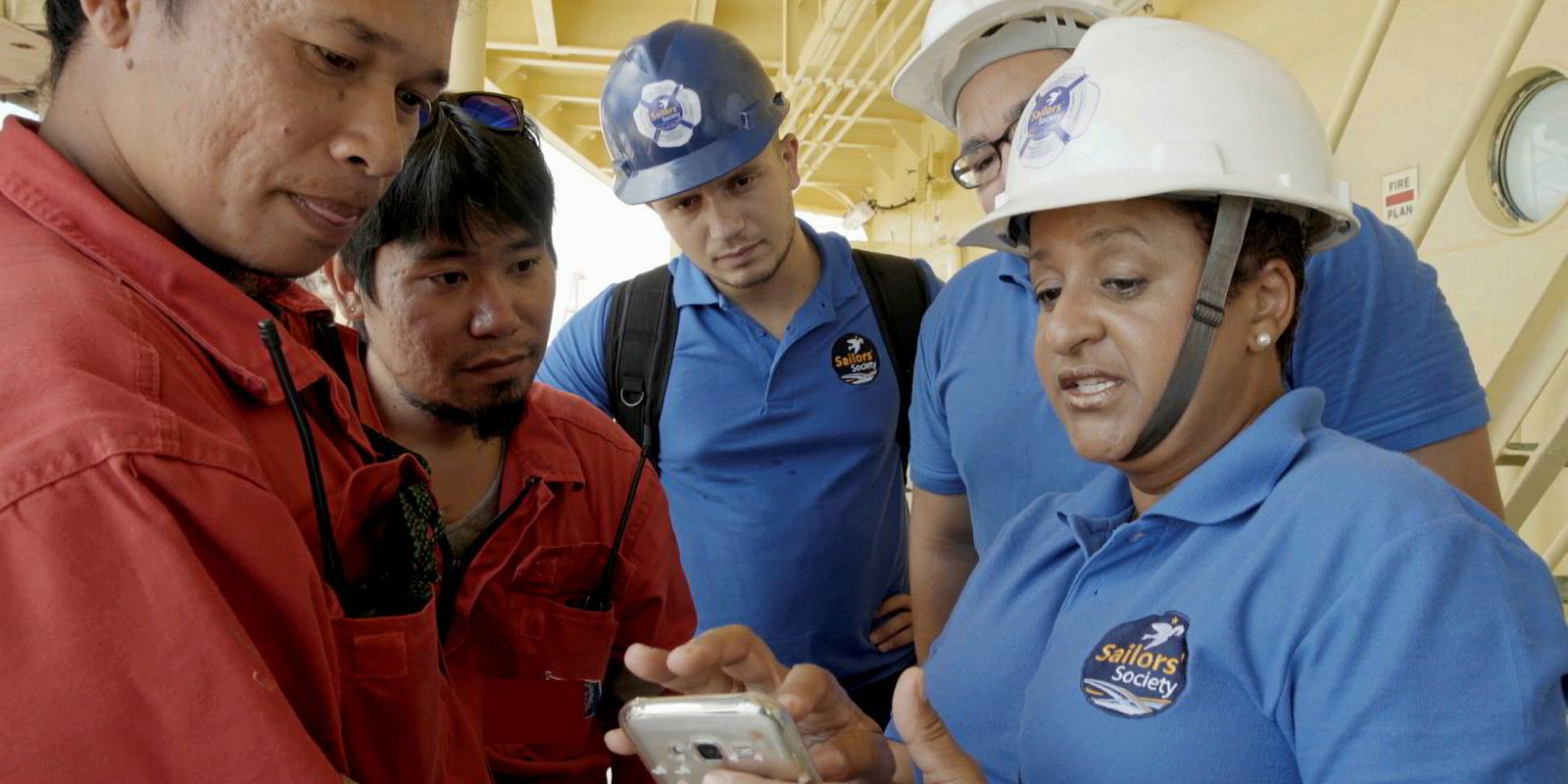Some 50 trained Sailor's Society responders around the world deal with the more dubious aspects of shipping, including the fallout from abandonment.
Situations can range from crew being left with no food and other provisions for many weeks, to vessels abandoned while taking on water.
“Those are the companies we need to be shining a light on, not the ones we are working with every day and are supportive of what the charity does,” says Stuart Rivers, the charitable organisation's chief executive.
The Maritime Labour Convention 2006 (MLC) has helped and, while only a start, it has enabled the society to open dialogue with shipowners, port authorities and even governments on how obligations can be met under that agreement.
Government obligations
Once governments have ratified the MLC, they are obliged to help the society provide support to seafarers, including giving access to ports for staff to board ships.
“I would like to see it [the MLC] go further, particularly in situations of abandonment and some of the other technical issues that cause problems for seafarers,” adds Rivers.
Would employers in any other industry expect their staff “to live in poor conditions to maintain the company’s assets” as happens in abandonment situations, he asks.
Likewise, concessions are urgently needed for crew affected by piracy.
“A seafarer who can’t work because of the trauma of piracy is effectively no use to the industry, but it is the welfare charities that pick up the pieces,” Rivers says.
A more coordinated approach to aftercare is needed.
Internet connectivity
Meanwhile, Rivers says seafarers should not be treated differently to anyone else in a land-based job when it comes to internet connectivity.
"I think they will perform at their best when they are not concerned about what is happening at home if they are in regular contact. We all have to deal with domestic issues,” he says.
Likewise, he believes technology has a huge role to play onboard vessels, including improving safety. The challenge is enabling man and machine to work together, with changes to the way seafarers work simply a “natural progression”.
